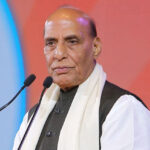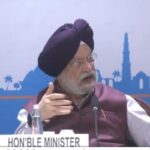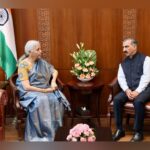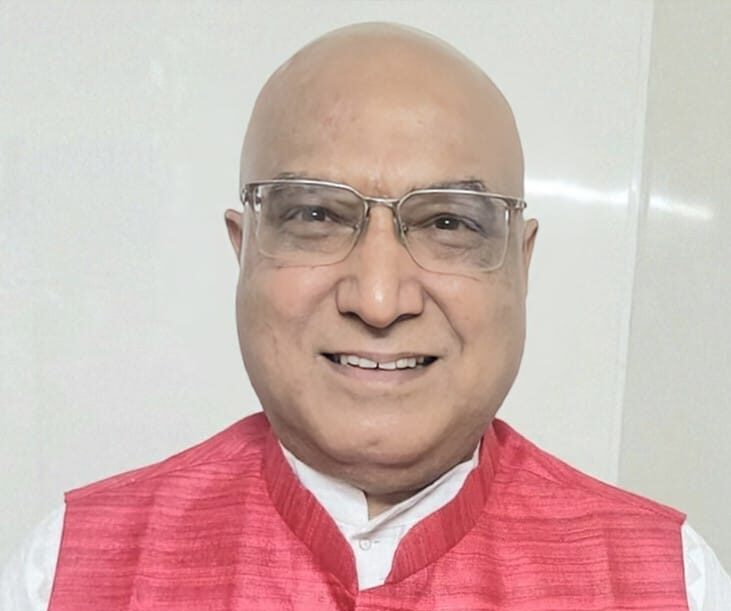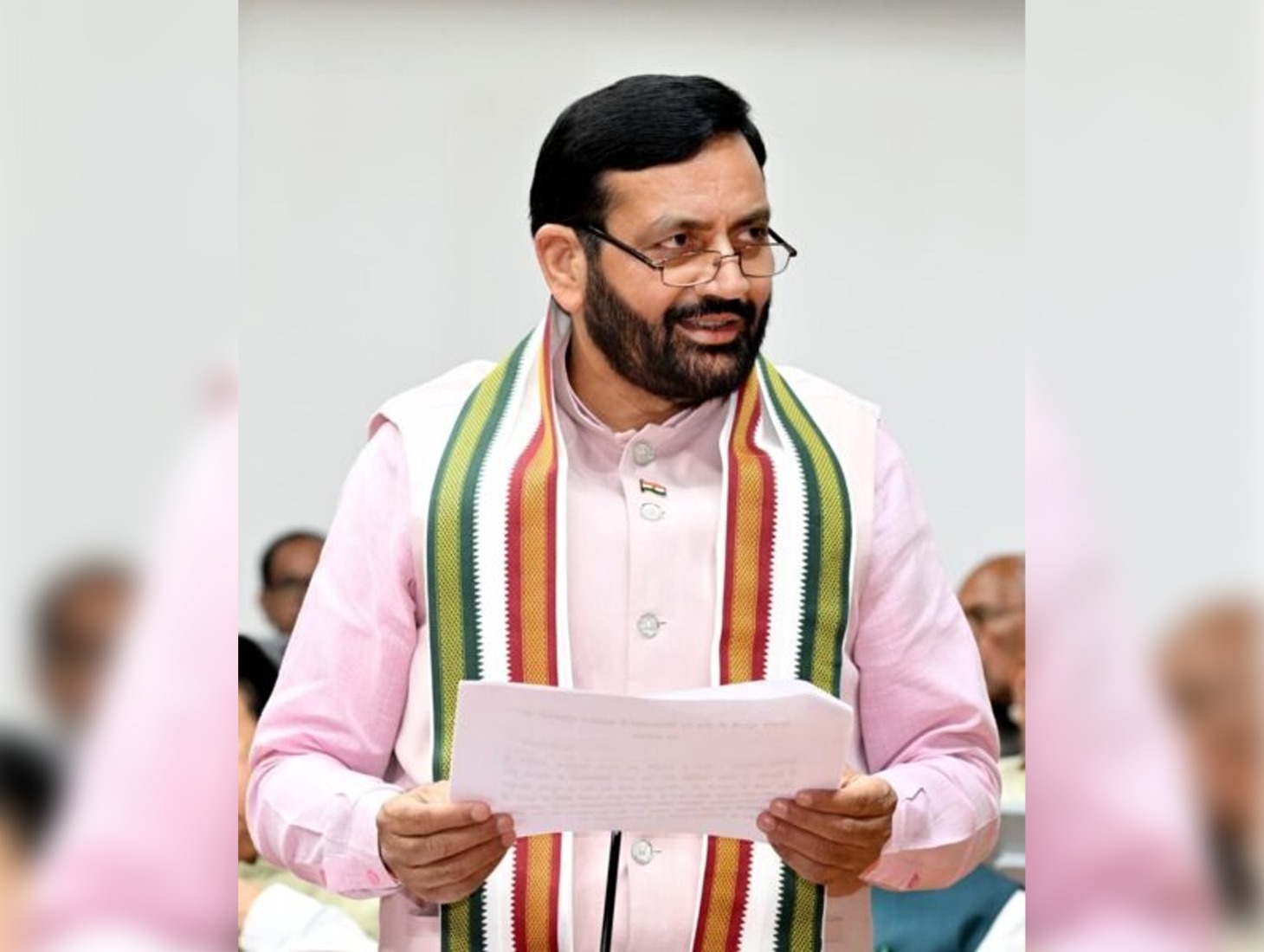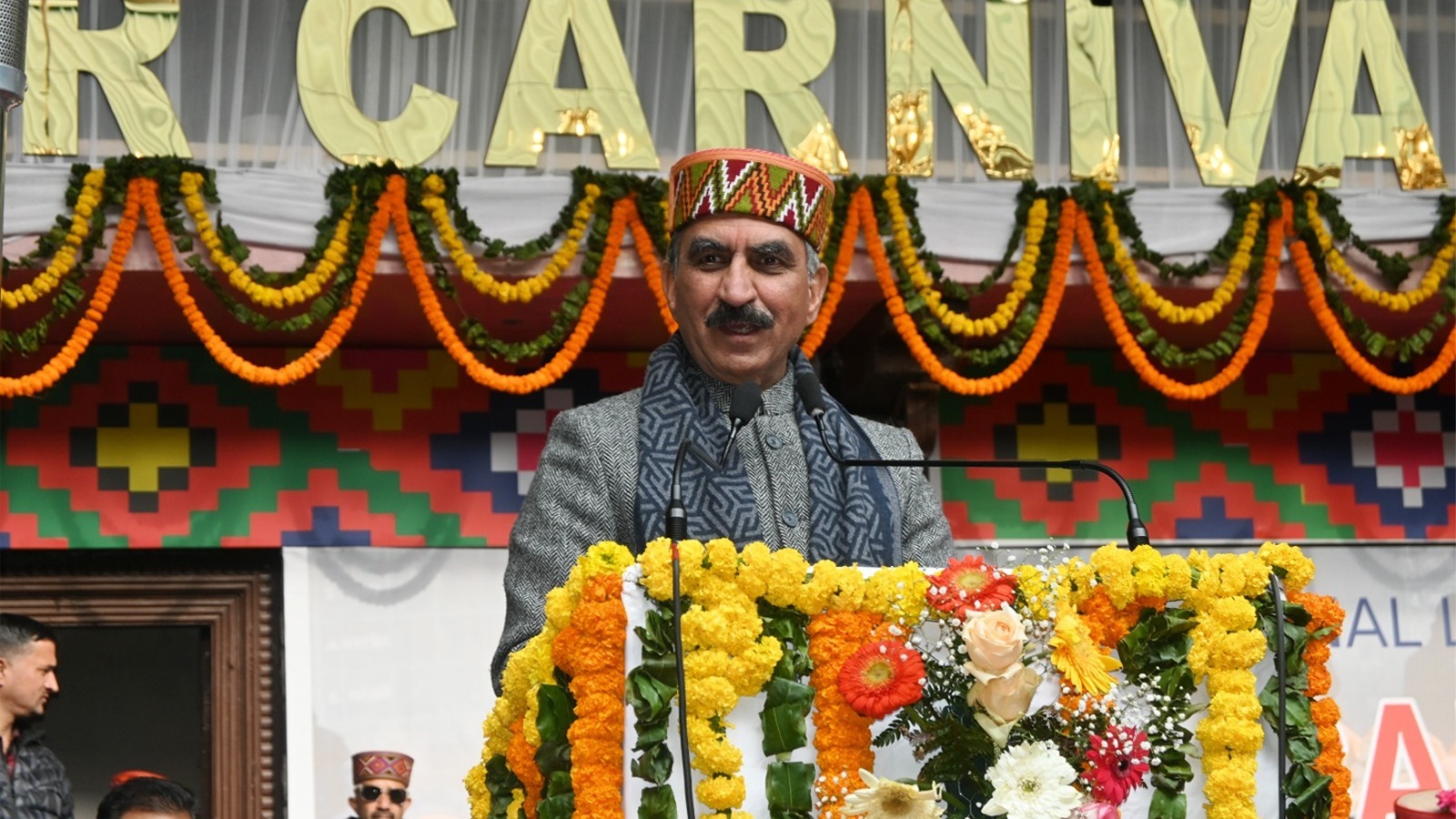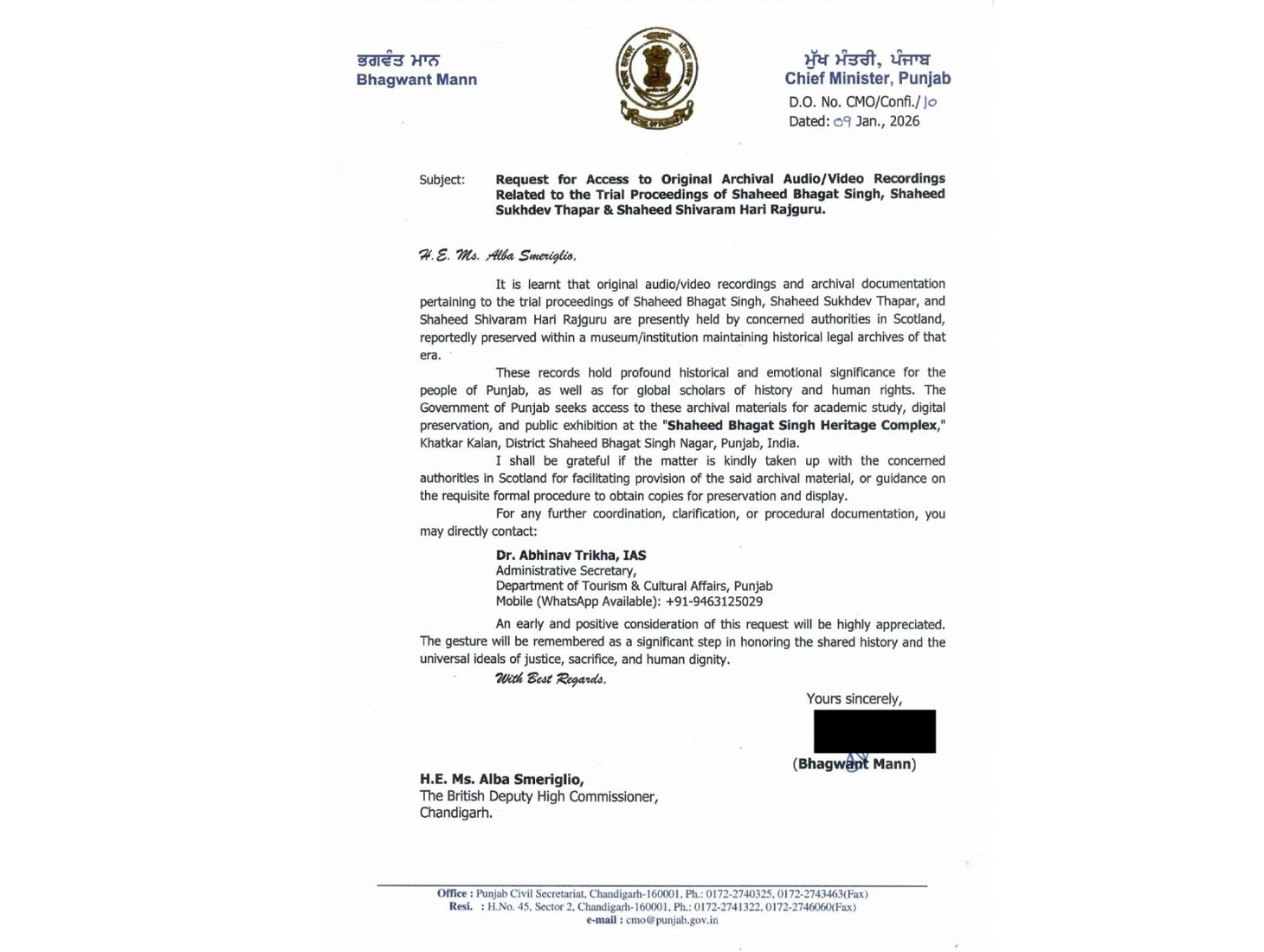By Prof. M.M.Goel , Former Vice Chancellor
In the framework of democracy, Parliament stands as a temple of governance, where entry should invoke positive and constructive thoughts. This vision, as emphasized by the Needonomics school of thought, underscores Parliament’s sacred role in directing the ruling party to work for the public good while enabling both the ruling and opposition parties to voice their opinions on proposed policies. However, the Winter Session of Parliament highlighted a growing concern—the erosion of parliamentary decorum and the failure to engage in meaningful deliberations.
Growing Crisis of Parliamentary Dysfunction
The inability of the Winter Session to hold constructive discussions due to prolonged disruptions is a matter of deep concern. The Speaker’s role in creating a conducive environment for discussions is vital, ensuring that all members prioritize the national interest over political agendas. Similarly, nominated members are duty-bound to support impartial leadership and safeguard the dignity of the House. Yet, the current state of parliamentary proceedings reveals a disheartening trend. Many Members of Parliament (MPs), despite drawing substantial salaries and allowances, fail to actively participate in discussions throughout their tenure. Instead of fulfilling their constitutional duties, they often resort to disruptions and partisan support, rendering their election by the people detrimental to the nation’s governance.
Economic and Ethical Cost of Parliamentary Stalemate
The deteriorating condition of Parliament is painful. The international community observes the behavior of India’s MPs through live broadcasts, and the lack of decorum tarnishes the image of the world’s largest democracy. The financial implications are equally concerning. The daily expenditure of a parliamentary session amounts to ₹3 crores, sourced from taxpayers’ hard-earned money. Yet, this public investment is squandered on unproductive debates, interruptions, and blame games. Needonomics school of thought advocates urgent reforms in parliamentary rules to address this crisis. A key recommendation is linking MPs’ salaries to the functionality of the House. For every day that Parliament fails to operate smoothly, MPs should face salary deductions. In cases of persistent disruptions, MPs must be held liable for compensating the financial losses incurred.
Need for Higher Standards of Representation
To elevate the quality of parliamentary representation, a minimum qualification for MPs should be established. A postgraduate degree or prior experience as a legislator with an impeccable record of maintaining parliamentary decorum should be prerequisites. Such measures are necessary to ensure that MPs possess the intellectual and ethical capabilities to contribute meaningfully to governance.
A Turning Point in Parliamentary History
The Winter Session witnessed a historic and unfortunate event—a no-confidence motion against the Chairman of the Rajya Sabha. The Deputy Chairman’s rejection of the motion, based on technical grounds, prevented a further decline in the dignity of Parliament. As the Chairman also serves as the Vice President of India, this decisive action preserved the sanctity of the institution. This incident underscores the need for opposition parties to share responsibility for the smooth functioning of Parliament. The Speaker and other presiding officers must use wisdom and diplomacy to restore peace and uphold parliamentary dignity.
A Call for Reform
The current state of parliamentary proceedings calls for a collective commitment to reform. Adopting the principles of Needonomics, which emphasize ethical governance and efficient resource utilization, can guide the transformation of Parliament into a truly constructive institution. By fostering accountability, elevating the standards of representation, and prioritizing national interest, India’s Parliament can regain its status as the temple of democracy, revered both domestically and globally. The time to act is now. Let this be the turning point where the nation reclaims the dignity of its Parliament and sets an example for the world to follow.
Conclusion
The Winter Session of Parliament serves as a stark reminder of the urgent need for reform in India’s legislative processes. Parliament, often referred to as the temple of democracy, must function as a platform for constructive dialogue and decision-making in the national interest. The disruptions, unruly behavior, and lack of accountability seen in recent sessions not only undermine the institution’s dignity but also erode public trust in democratic governance. Needonomics School of Thought offers a clear pathway to address these challenges—through ethical governance, efficient utilization of resources, and the enforcement of accountability. By implementing reforms such as linking MPs’ salaries to parliamentary functionality, establishing higher eligibility criteria for candidates, and emphasizing impartial leadership, we can restore Parliament’s true purpose.
India’s democracy cannot afford to waste the hard-earned money of its citizens on unproductive sessions. The time has come for all stakeholders—MPs, presiding officers, and political parties—to prioritize the nation above personal and partisan interests. Only then can Parliament regain its status as a beacon of democracy, inspiring confidence and respect both at home and abroad.
(Prof. Madan Mohan Goel, a distinguished academic and administrator, is a three-time Vice-Chancellor and a superannuated Professor of Economics from Kurukshetra University, Kurukshetra (KUK). With 46 years of teaching experience and 17 years in administrative roles, he has served as Vice-Chancellor of Starex University, Gurugram, and Jagannath University, Jaipur. He also held the position of Director-cum-Vice-Chancellor at the Rajiv Gandhi National Institute of Youth Development)
Disclaimer: The views and opinions expressed in this article are solely those of the author and do not necessarily reflect the official stance or position of North News. Readers are encouraged to consider multiple perspectives and make informed decisions based on their own judgment.



